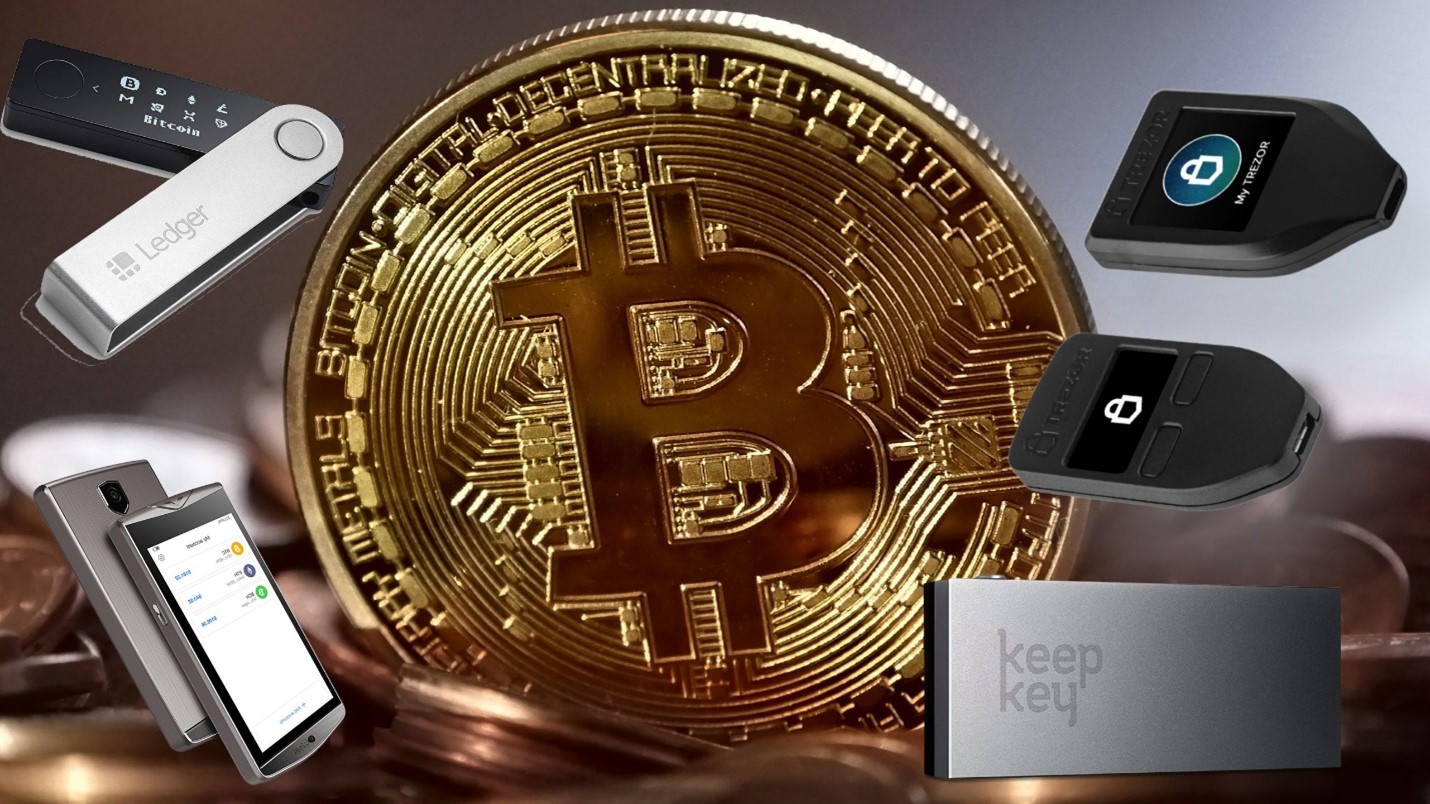You need a cryptocurrency wallet to securely manage your digital assets. Wallets store the private keys that enable you to interact with the blockchain where your crypto lives. Crypto wallets come in many forms, making sending and receiving, storing, and digital currency trading easy. There are several categories of digital wallets; however, they are generally classified into two: software wallets and hardware wallets. These wallets vary in fundamental features such as security, price, and convenience.
Software (hot) wallets are applications designed for mobile devices and desktops. Once you have installed the wallet, you can begin accessing your digital tokens, making transactions, and displaying your balance. The modern versions of the wallets integrate extra features such as exchanges and staking. These wallets offer convenience as you can use them anytime, anywhere, as long as you have your gadget and internet connection. They also offer ease of use through their user-friendly interfaces. The wallets also enable users to make quick payments through QR codes or NFT (near-field communication).
On the other hand, a hardware wallet is a small device (often the size of a USB stick) that stores the private keys for your crypto assets. Hardware wallets are offline storage; hence never expose private keys outside the device. When making a transaction, the wallet signs transactions on the device, not on the computer it is connected to. Therefore, you can connect your hardware wallet to any computer, even public computers, without risking exposing your private keys. This storage type is sometimes called cold storage.
Hardware wallets vs. Software wallets

There is no one-fit-all solution when it comes to choosing wallets. When considering hardware and software wallets, you will often be torn between convenience and security. Software wallet offers more convenience but scores relatively low in security. On the other hand, hardware wallets generally score high in security while may not offer a high level of convenience matching that of software wallets. Additionally, no matter what type of wallet you choose, you may still fall victim to malicious actors if you do not understand the basics of cryptocurrency security.
Why a hardware wallet is a good idea
Hardware wallets may not be perfectly secure. For example, in a recent incident, cyber attackers broke into the servers of Ledger, hardware wallet manufacturers, and pushed a malicious firmware update for ledger wallets. Nonetheless, such types of supply chain attacks are much harder to execute than phishing attacks on a software wallet.
In addition, hardware wallets minimize the risks you cannot control, such as major data breaches at cryptocurrency exchanges or malware exploiting zero-day vulnerabilities in mobile and desktop operating systems.
Further, in the past few years, the landscape has evolved, and hardware wallets have become much easier to use, offering a good combination of convenience and security.
Benefits of hardware wallets compared to software wallets
Hardware wallets keep your private keys unexposed. It only requires you to put your private keys in your offline hardware device. The private keys do not reach your computer, remaining unexposed to hacking and copying. Contrarily, software and exchange wallets expose your assets to phishing and other attacks.
Additionally, verifying transactions through a hardware wallet happens within the device. Therefore, no one can make transactions without accessing your device. Your funds remain safe as long as you keep your device safe. On the other hand, any person can access your software wallet via any device and authorize transactions as long as they have your private keys. Therefore, these wallets remain less safe.
Hardware wallets are also immune to computer viruses. Most viruses are designed to attack system software and hence ineffective in hardware devices. On the other hand, software wallets remain the target of many cyber-attacks by computer viruses.
Top hardware wallets
You need to consider a few factors when selecting a crypto hardware wallet.
- Check the company’s history and reputation. Companies that have been in business for several years, delivering secure products are safe bets. Additionally, reliable hardware wallet companies have a robust process to respond to vulnerabilities.
- Also, consider how many kinds of the coin the wallet supports. A good wallet offers flexibility by supporting a wide range of token types.
- Finally, consider the interface and ease of use. You should be able to use the device’s features comfortably.
With these factors in mind, here are the top five hardware wallets in the cryptocurrency industry:
Trezor
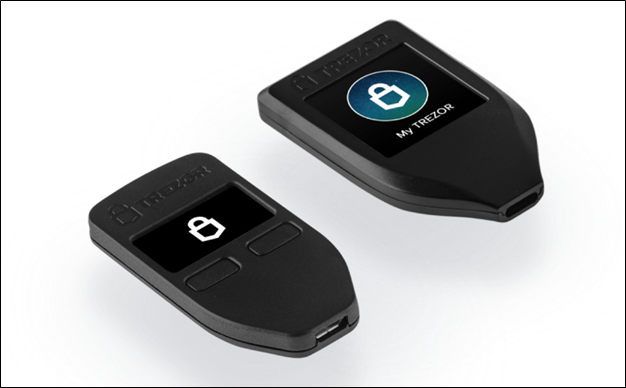
Trezor is the oldest cryptocurrency hardware wallet, released in 2013. Trezor devices (Trezor one and Trezor T) are small and compact, hence easy to carry around. Both support over 1000 coins, giving their users a wide range of assets to choose from. Additionally, the company frequently updates its hardware to maintain the highest level of security.
Ledger
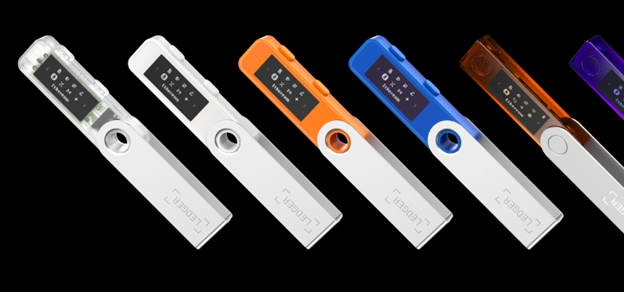
Ledger is the main competitor of Trezor as the wallets by these two companies offer nearly similar services and convenience. Both Ledger Nano S and Ledger Nano X support more than 1800 coins. Besides, they are small in size and hence easy to carry around. However, the wallets are relatively cheaper than Trezor wallet products.
KeepKey

KeepKey is the most fashionable of the five top hardware wallets. It is a little heavier than Trezor and Ledger wallets and offers the most competitive price for a hardware wallet. However, it supports more limited coins than Ledger and Trezor wallets, with more than 40 coins. Additionally, it lacks integration to many web 3 wallets such as MetaMask; hence users cannot interact with many DeFi applications.
NGRAVE ZERO
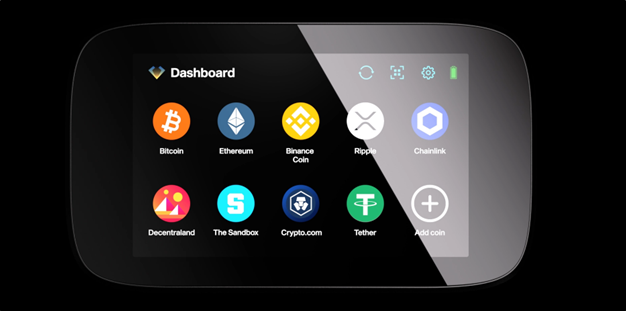
The NGRAVE ZERO is a promising newcomer in the hardware wallet space. It boats the most secure crypto wallet, having reached the highest security certification standard, EAL7. It is also ROHS and CE certified like Trezor. Other features include a light sensor, pin protection, and biometric scanners. The wallet is air-gapped, meaning it does not come into contact with the internet, Bluetooth, mobile networks, or other network connections. The wallet is also highly user-friendly.
Ellipal Titan
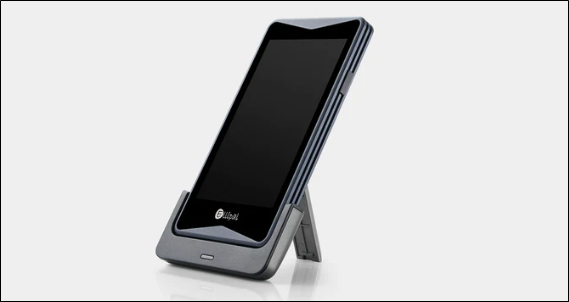
Ellipal Titan has the most extensive coin support, over 10,000 tokens. It also supports over 40 blockchains. The wallet comes with anti-tamper security feature that deletes the private keys if someone tries to break into the device. It also allows users to set strong passcodes to protect their assets.
Ellipal Titan is fully air-gapped, relying only on QR codes to transfer data. It does not support USB, Bluetooth, or WiFi connectivity, protecting your assets against remote and network attacks.
Final Thoughts
Hardware wallets offer the best security for your assets. However, even if you are going for hardware wallets, ensure you do some research to get the best deal according to your needs. The wallets differ in features and prices. Consider the security features, supported coins, ease-of-use, and price factors when deciding on the wallet to purchase.

